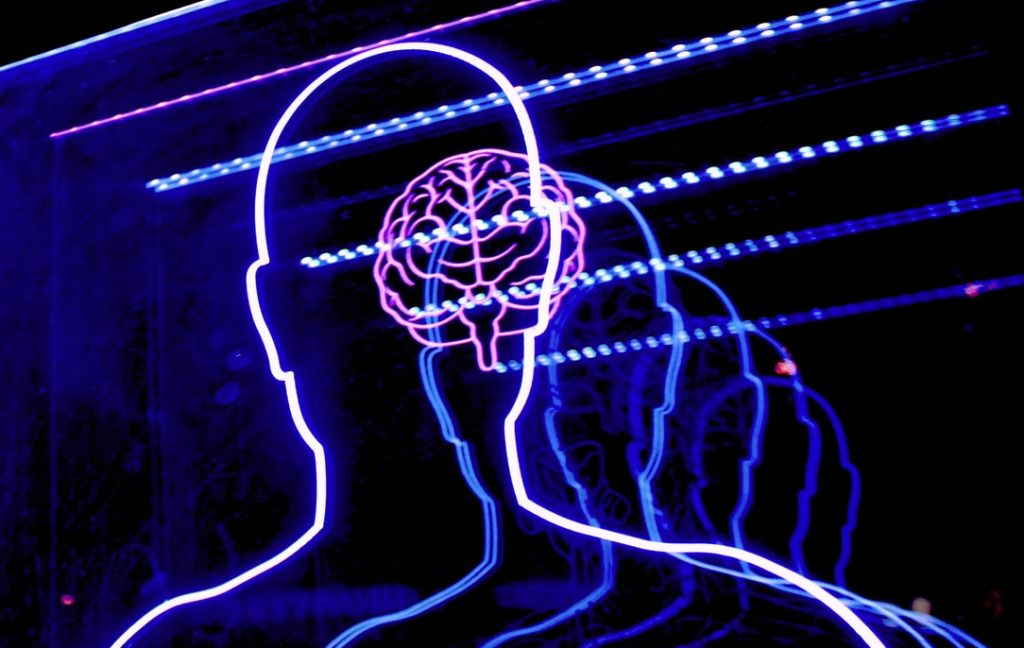Neuropsychology

Neuropsychology is the study of the relationship between the brain and behavior. Pediatric neuropsychologists are licensed psychologists with special training in brain development. They use this training to evaluate and help manage children with brain disorders, such as brain injury, medical illness, or developmental problems.
In children and adolescents, neuropsychological evaluations assess several cognitive domains, psychological and behavioral factors, and academic achievement. Going beyond what is obtained from a psychoeducational evaluation, results from a neuropsychological evaluation can provide insight into how an ongoing neurodevelopmental (e.g., autism, attention) or medical concern is impacting a child’s cognitive functioning.
A neuropsychological evaluation can also offer a comprehensive understanding of the cognitive processes contributing to a child’s behavior, reveal how a child learns best, identify specific learning disabilities, and provide targeted intervention strategies to help the child succeed.
How do I know if my child needs a neuropsychological evaluation?
A neuropsychological evaluation may help if your child has:
- A neurological disorder such as spina bifida, hydrocephalus, cerebral palsy, epilepsy (seizures), neurofibromatosis, tuberous sclerosis, or a brain tumor.
- A brain injury from a trauma to the head, stroke, lack of oxygen, or an infection.
- Other medical problems such as prematurity, diabetes, chronic heart or breathing problems, certain genetic disorders, or treatment for childhood cancer.
- Been exposed to lead, street drugs, or inhalants (carbon monoxide).
- Been exposed to alcohol, smoking, or certain drugs prior to birth.
- A developmental or school problem such as a learning disability, attention-deficit/hyperactivity disorder, or autism spectrum disorder/pervasive developmental disorder.
Your physician may recommend a neuropsychological assessment to:
- Help make or confirm a diagnosis.
- Get a record of your child’s functioning before treatment with medicine or surgery.
- Record a change in your child after a medical treatment (testing can be repeated to see if the treatment changed your child’s functioning).
- Record your child’s development treatments and expectations can be adjusted to your child’s needs.
How does a Neuropsychological Evaluation differ from a school evaluation?
Pediatric neuropsychologists and school psychologists often use some of the same tests. However, school evaluations focus on determining if a child qualifies for special education programs or therapies to enhance school performance.Generally, they do not diagnose learning or behavior disorders. Pediatric neuropsychologists focus on understanding why a child is having problems in school or at home.
This is done by examining academic skills but also examining all of the thinking skills needed to perform well in and outside of school – skills like memory, attention, and problem-solving. Understanding a child’s specific thinking strengths and weaknesses helps to better focus school plans and medical treatment and understand potential areas of future difficulty. Because neuropsychologists have training in clinical psychology, they are also able to diagnose emotional problems like depression and anxiety.
